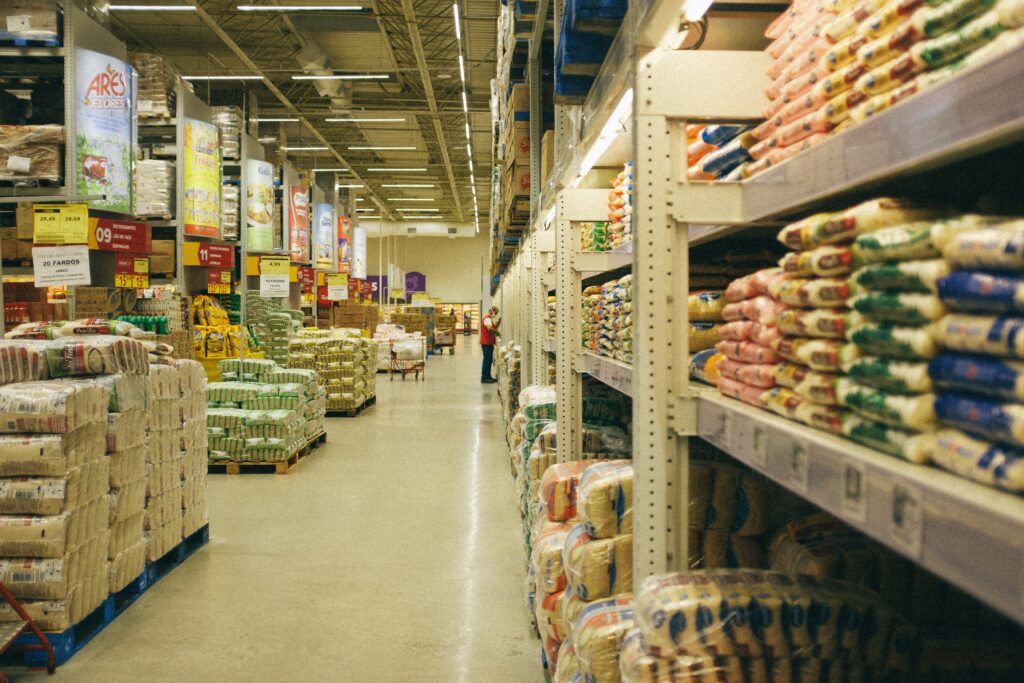What Is Food Budgeting
There are four types of food budgeting. And they are all according to the amount of money you intend to spend on groceries or food: thrifty food plan, Low-cost food plan, moderate-cost food plan, and liberal food plan.
As you can see, it’s all about how much it will cost to feed you and your family.
What Is Food Budgeting
Food budgeting is making a food budget based on what you can afford. Everyone has a different set of circumstances. Some have more debt than others.
I use the 50/30/20 budgeting because it’s flexible.
50% for needs
30% for wants
20% savings and debt repayment
Using this method, you can use funds from one category to help with another.
Rarely does any budget work 100%. You usually need to tweak it to make it work. There are three things you can do to make a positive impact on your grocery bill. The most obvious one is to stop wasting money on food.
You can buy food on sale and stockpile it for future use. You would be surprised how much you can save when you stockpile food.
You can also work on less waste. One way you can reduce waste is to use leftovers.
Importance Of Food Budgeting
All budgeting is essential. To have more money to spend on the things you want, you must make a budget you can use. You need a budget with room to save money and enjoy some of what you want.
There are so many ways to save money on groceries and food that food budgeting is a logical place to start.
How much money do you allocate to food, including eating out, dining in, and having that cup of coffee each morning?
Set A Food Budget
At first, it may be hit-and-miss, but you can adjust your budget if you look for what needs to be corrected.
Using your budget, you may need more money to buy all the food you need for the allotted time.
The cause could be you needed to allocate more for your grocery shopping, or you could have spent too much dining out or not taken advantage of the sales available.
How To Budget For Groceries
As of this writing, the U.S. government claims the average person spends $438 monthly on food.
This may be a good number for you to start with. As you spend your food money, keep a spending journal. Take notes; what did you buy? Was it necessary? Could you have gotten a generic version at a lower price?
It’s important to know what you are buying and not buying.
To reduce the amount of money you spend on food, try the following tips.
- Use coupons
- Buy generic
- Buying in bulk
- Stockpile food
- Eating leftovers
Bringing It All Together
Food budgeting is an essential part of your budget. If you can get your food budget under control, you’ll have more money for other things. Food budgeting is a logical place to look for money. With the many opportunities we have to save money, It’s easier to lower the cost of your food budget.
Conclusion
All budgeting is important, but food budgeting can be a springboard to greater savings. What is food budgeting? It’s budgeting the amount you spend on the food you eat, whether at home or out.

